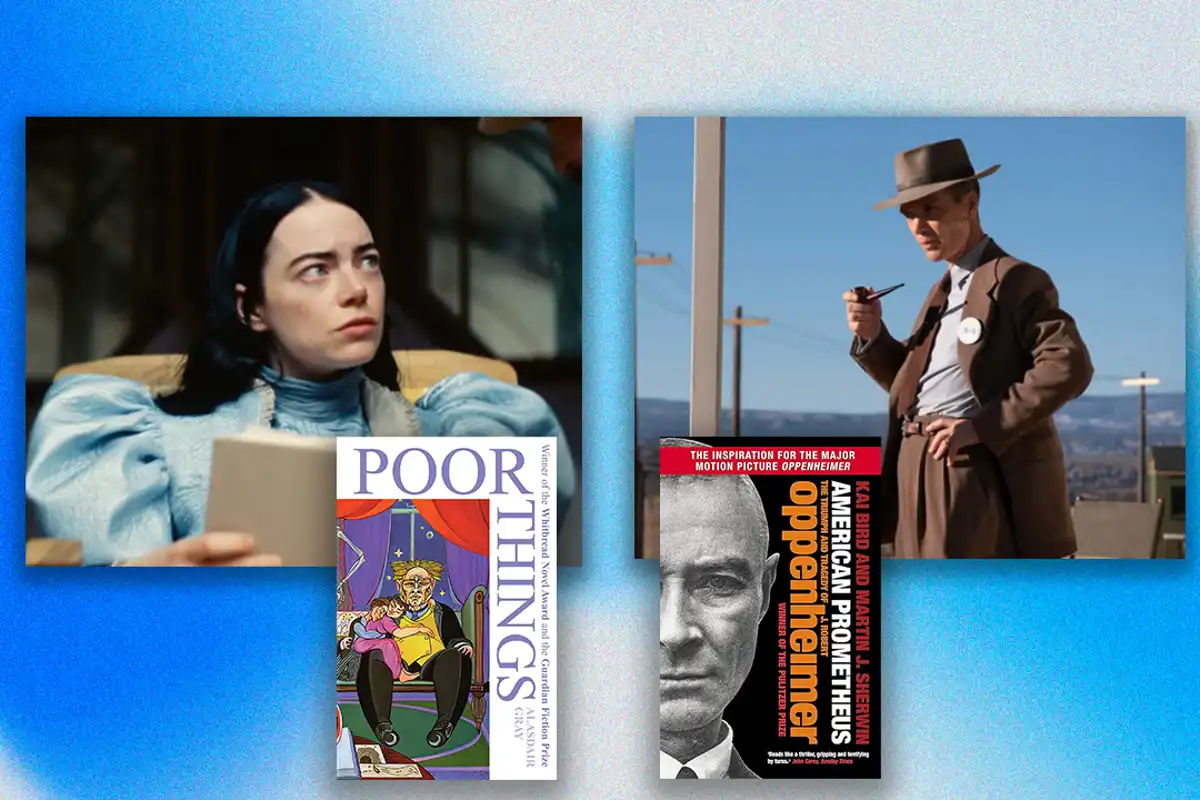Books behind Oscar nominees: Poor Things to Oppenheimer
Discover how books have influenced this year's Oscar-nominated films, from true crime to historical fiction, offering unique perspectives and narratives.
The debate over whether the book or the film is better is a common one, but exploring the source material can deepen your appreciation for a story and perhaps even prove the critics wrong. As the 2024 Oscars approach, with many best picture nominees based on books, it's worth considering the unique insights that literature can offer.
Books often contain rich worlds and characters that may not fully translate to the screen, as fans of series like Harry Potter and Game of Thrones can attest. While both mediums have their strengths, they offer different experiences that are worth exploring.
One example of a film diverging from its source material is the adaptation of a novel about a struggling author grappling with issues of race and identity in the literary world. The film adaptation takes a different approach to the narrative, highlighting the complexities of family dynamics and societal expectations.
Another film that takes liberties with its source material is a true-crime story based on a novel that explores the murders of Osage County in the early 1900s. While the book tells the story through the eyes of an FBI agent, the film shifts the perspective to one of the perpetrators, offering a different angle on the events.
Oppenheimer, a biographical film about the famous scientist behind the Manhattan Project, draws inspiration from a Pulitzer Prize-winning biography. The book delves into the complexities of Oppenheimer's life, making it a compelling read for those interested in history and science.
A quirky film and its equally wacky book counterpart tell the story of a reanimated woman navigating adulthood in a Victorian setting. The themes of growth and identity are explored in both mediums, offering a unique perspective on what it means to be human.
Finally, a WWII drama based on a book of the same name takes a loose interpretation of the source material. The story of love and betrayal set against the backdrop of a concentration camp raises thought-provoking questions about morality and human nature.
In conclusion, while the debate over books versus films will likely continue, exploring both mediums can enhance your understanding and appreciation of a story. Each offers a unique perspective that is worth exploring, whether you're a fan of literature, film, or both.












Comments on Books behind Oscar nominees: Poor Things to Oppenheimer